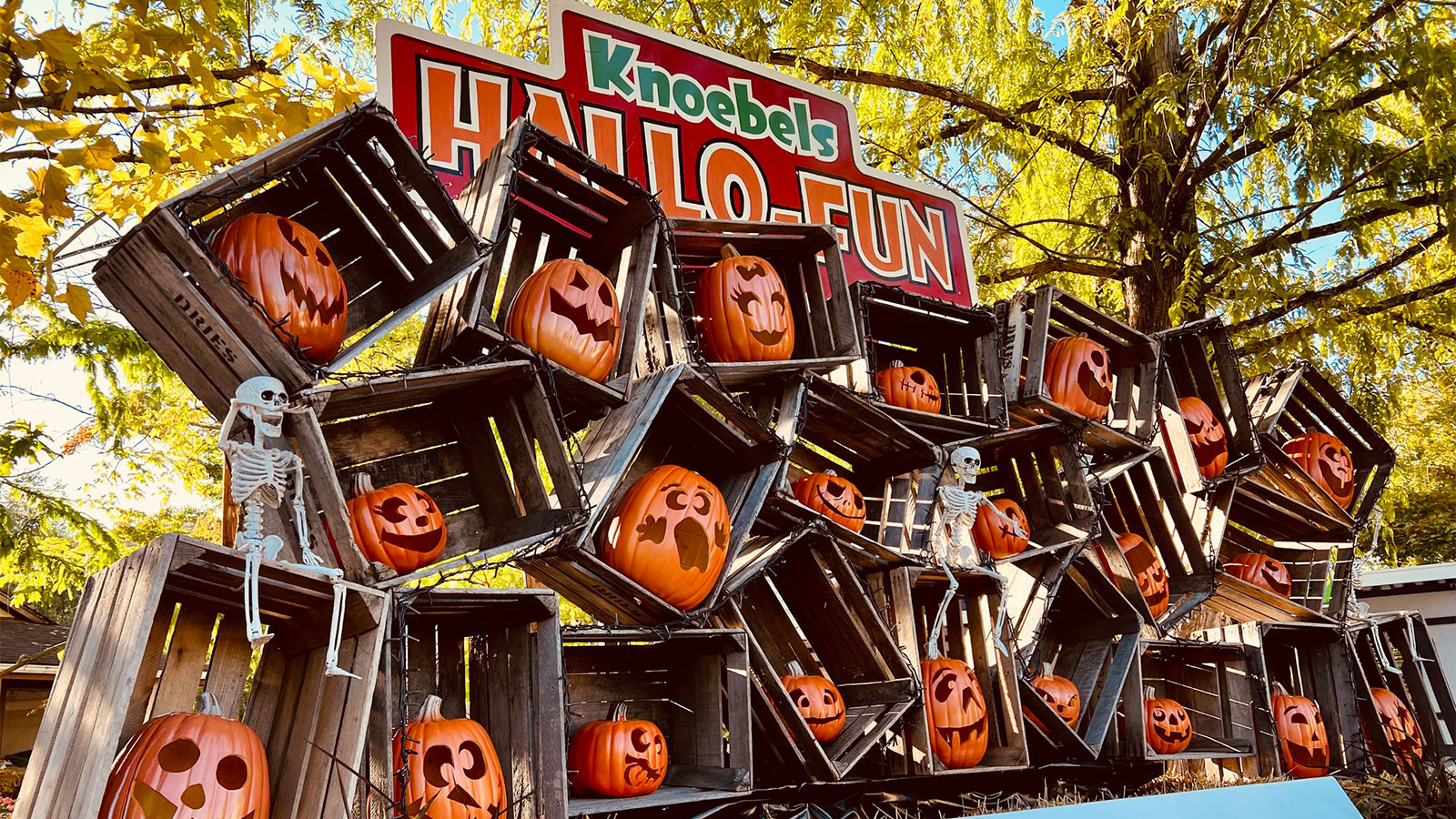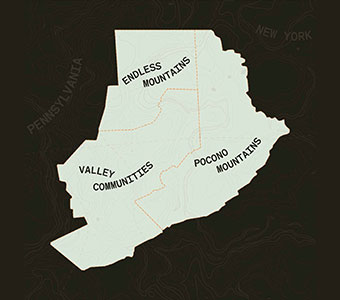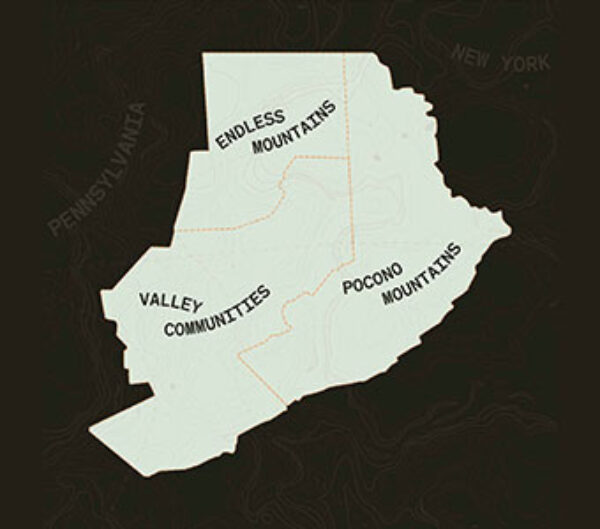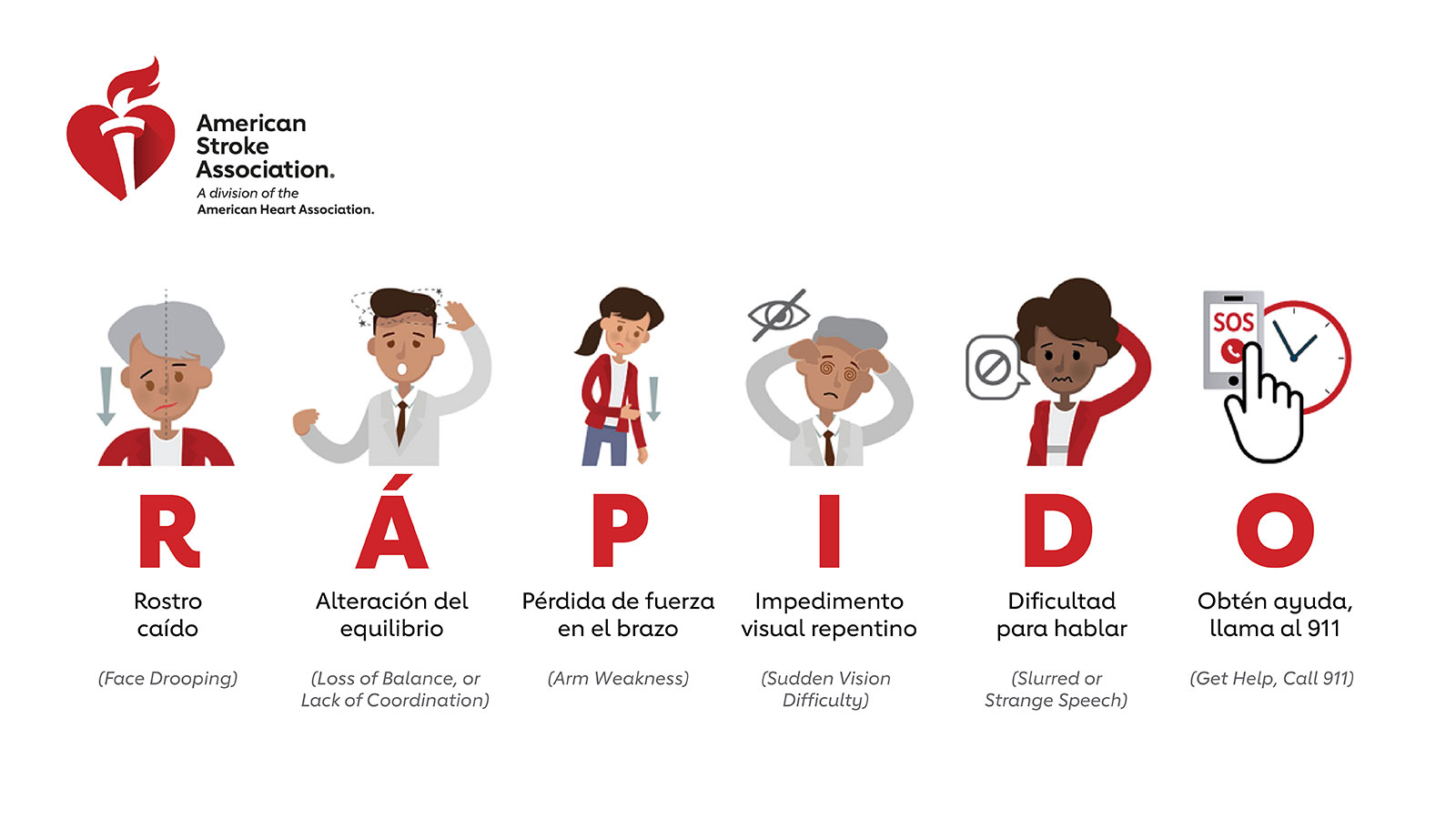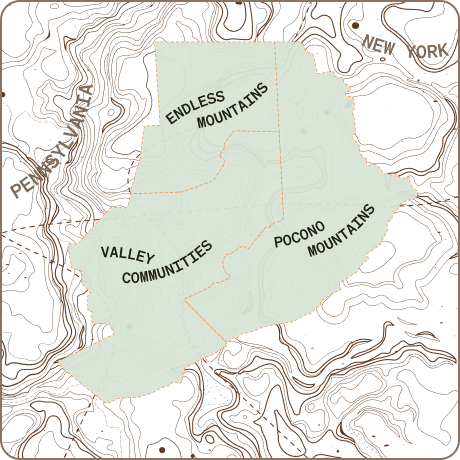Since 1924, the American Heart Association has been fighting heart disease and stroke and helping people to live longer, healthier lives. Our local AHA shares ways that you can stay healthy, get involved and help raise awareness right here in NEPA.
Spanish-Language Campaign Aims to Raise Stroke Warning Sign Awareness
When someone has a stroke, every second counts. Identifying the symptoms and calling 911 quickly can make the difference between life and death or long-term disability. According to American Stroke Association stroke survey data, only 39% of Hispanic-Latino consumers said they were familiar with the English stroke warning sign acronym, F.A.S.T., and only 42% could correctly name two stroke warning signs unaided. To help close the gap between knowledge and action, the American Stroke Association, a division of the American Heart Association, is launching Juntos Contra el Derrame Cerebral, a culturally relevant Spanish-language campaign to raise awareness among Spanish-dominant audiences around the use and understanding of R.Á.P.I.D.O., a Spanish acronym for stroke warning signs that can help save lives.
Hispanic-Latino adults in the U.S. have a higher risk of stroke due to unmanaged risk factors, limited access to health care, lower health literacy rates, cultural barriers and socioeconomic determinants of health. Hispanic-Latino stroke patients also have longer delay times to hospital arrival than non-Hispanic stroke patients, greater stroke severity and poorer outcomes following stroke. Juntos Contra el Derrame Cerebral aims to increase awareness of R.Á.P.I.D.O., address health disparities and ultimately improve stroke outcomes in the Hispanic-Latino community. The acronym is constructed to teach the five warning signs of stroke and the need to call 911 for quick medical response.
The Association seeks to empower the Hispanic-Latino community to learn the stroke warning signs and what to do using the R.Á.P.I.D.O. acronym. This approach considers the community’s unique cultural and linguistic needs, facilitating better comprehension and response to stroke symptoms. The easy-to-remember acronym stands for:
R – Rostro caído (Face drooping)
Á – Alteración del equilibrio (Loss of Balance, or Lack of Coordination)
P – Pérdida de fuerza en el brazo (Arm weakness)
I – Impedimento visual repentino (Sudden vision difficulty)
D – Dificultad para hablar (Slurred or Strange Speech)
O – Obtén ayuda, llama al 911 (Get help, call 911)
Projections show that by 2030, the prevalence of stroke among Hispanic men will increase by 29%. The Association’s adoption and promotion of R.Á.P.I.D.O. represents significant steps in addressing the lack of awareness of the increased risk of stroke faced by Hispanic-Latino people in the U.S., a group already disproportionately impacted.
By leveraging the cultural relevance of R.Á.P.I.D.O. and spreading awareness about stroke prevention within the Hispanic-Latino community, the Association, along with individuals, health care professionals, community organizations and more, aims to increase knowledge of stroke signs, symptoms, immediate management and modifiable risk factors of stroke, helping bridge the gap in stroke disparities and work towards achieving health equity for all people.
For more information about R.A.P.I.D.O. and stroke awareness, visit www.derramecerebral.org or www.stroke.org/rapido.







